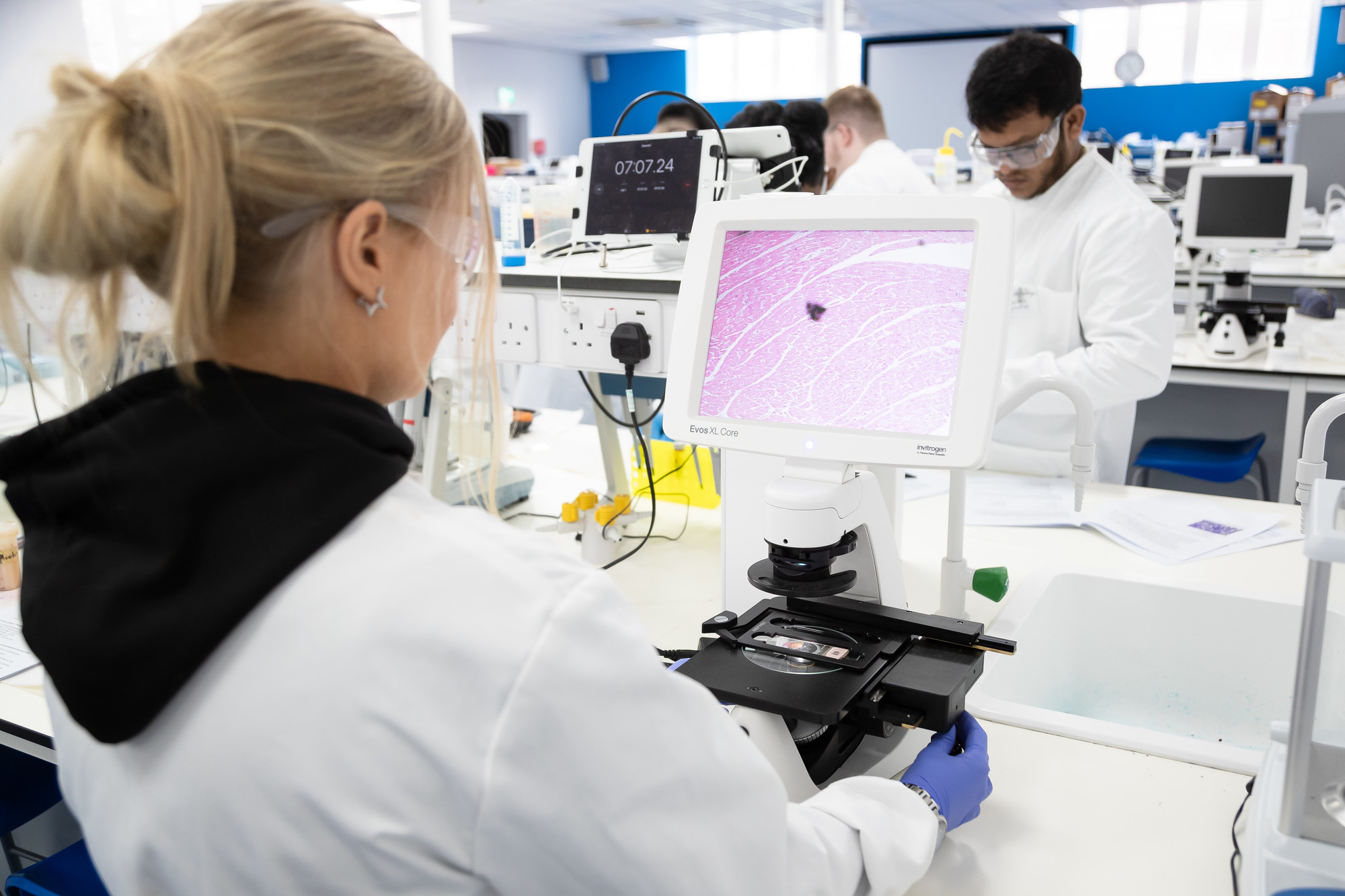2:2honours degree
Applicants must hold an appropriate first degree with a minimum of 2:2 honours (e.g. in Medicine, Biomedical Science, Dietetics, Human Biology) or hold appropriate professional qualifications and be able to demonstrate suitable background knowledge and skills.
Applications are invited from:
- those with related undergraduate degrees (e.g. Biomedical Science, Dietetics) or equivalent professional qualifications and background experience
- junior doctors
- NHS staff
- international students with appropriate qualifications
- international doctors or healthcare professionals
2:2honours degree
Applicants must hold an appropriate first degree with a minimum of 2:2 honours (e.g. in Medicine, Biomedical Science, Dietetics, Human Biology) or hold appropriate professional qualifications and be able to demonstrate suitable background knowledge and skills.
Applications are invited from:
- those with related undergraduate degrees (e.g. Biomedical Science, Dietetics) or equivalent professional qualifications and background experience
- junior doctors
- NHS staff
- international students with appropriate qualifications
- international doctors or healthcare professionals
English Language Requirements
For more information on our English Language requirements, please visit International Entry Requirements.










